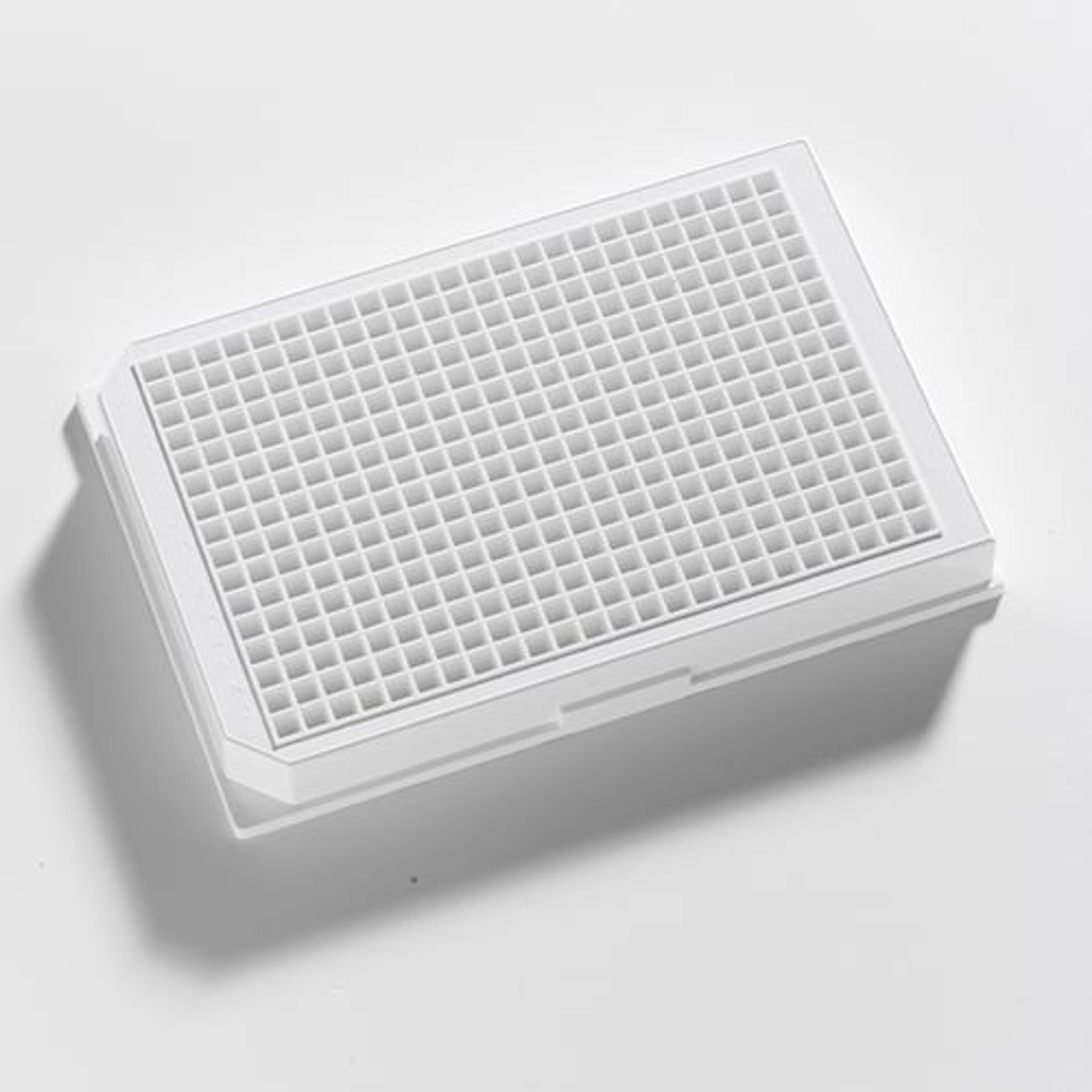Krystal Microplates Enable Drug Testing Assay for Cellular Parasite
3 Sept 2017
Porvair Sciences has reported that the National Center for Biological Sciences (NCBS) in Bangalore, India is using its Krystal 384 black microplate to produce a standard drug testing assay for Plasmodium vivax infection.
The NCBS is a leading national institute whose faculty members undertake research in the frontier areas of biology. Scientists at the NCBS use experimental and computational approaches to study molecules, cells and organisms creating an understanding of the biology at each of these levels to advance an integrated view of life processes.
Watch this video to learn abou automating assay development in early stage drug discovery >>
In their research, the NCBS is using Krystal 384-well black microplates as the microenvironment to grow the cells infected with small numbers of parasites. Researchers are then treating the Krystal 384 black plates with different concentrations of drugs to check the effect on the infection and the development of the Plasmodium vivax parasites inside the cells.
Dr Mulaka Maruthi, a senior NCBS researcher commented "Because they are manufactured to a very high flatness tolerance the Porvair Sciences Krystal 384-well black plates are very convenient to use with both our inverted microscope and High Content Screening machine. The clear plate bottom permits direct microscopic viewing or HCS imaging and the images are of high resolution". Dr Maruthi added "Using the Krystal 384-well black plates we have been able to minimize the number of cells for seeding, use smaller numbers of parasites, and lower volumes of drugs. Overall the Krystal 384 black plate has enabled us to perform these experiments in a single plate instead of many 96 well plates or other well formats".
The Krystal 384-well microplate range incorporates novel square wells with a large liquid capacity of 120μl per well, increasing the achievable sensitivity of most HTS assays. Using a proprietary manufacturing technique, the Krystal 384 offers market leading plate flatness (+/- 0.1mm tolerance) that translates into a significant increase in measurement precision and elimination of read errors when performing cell based assays using fluorescent or luminescent imaging. All tissue-culture treated plates are supplied lidded and sterile, in individual bags.

